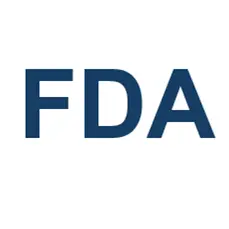Creatine may be used as a nutrient. Creatine can be naturally occurring (in skeletal muscle) and helps with energy.
Creatine
Found In
- Dietary supplements
- Dry powdered drink mixes
- Energy drinks
- Fish
- Meal replacement bars and powders
- Meat analogs
- Milk shakes
- Protein bars and powders
- Red meat
- Workout supplements
Also Known As
- Creatine Monohydrate
- N-(Aminoiminomethyl)-N-methylglycine Monohydrate
The Beverage Bottom Line
Creatine is authorized for use in the U.S. and Europe. Creatine is not authorized for use in Canada.
This ingredient may have authorizations in countries not included on this site.
International Assessments and Authorizations

U.S. Food And Drug Administration (FDA)
Generally recognized as safe for intended uses. (GRAS FDA-Notified, GRAS Self-Determined)
In 2020, FDA had no objections for creatine monohydrate uses proposed in a GRAS Notice.

European Food Safety Authority (EFSA)
Safe for intended uses. Creatine monohydrate was used for human consumption to a significant degree within the Union before May 15, 1997 and is not considered novel.
In 2011, 2016 and 2024, EFSA evaluated health claims related to creatine.

Joint FAO/WHO Expert Committee on Food Additives (JECFA)
Not yet evaluated.

Health Canada
Health Canada has authorized creatine for use as a natural health product.
Health Canada provides guidance on performance enhancers, concluding that creatine is “generally recognized as safe to use for healthy individuals.”
This page was last updated on 6/30/2025.
